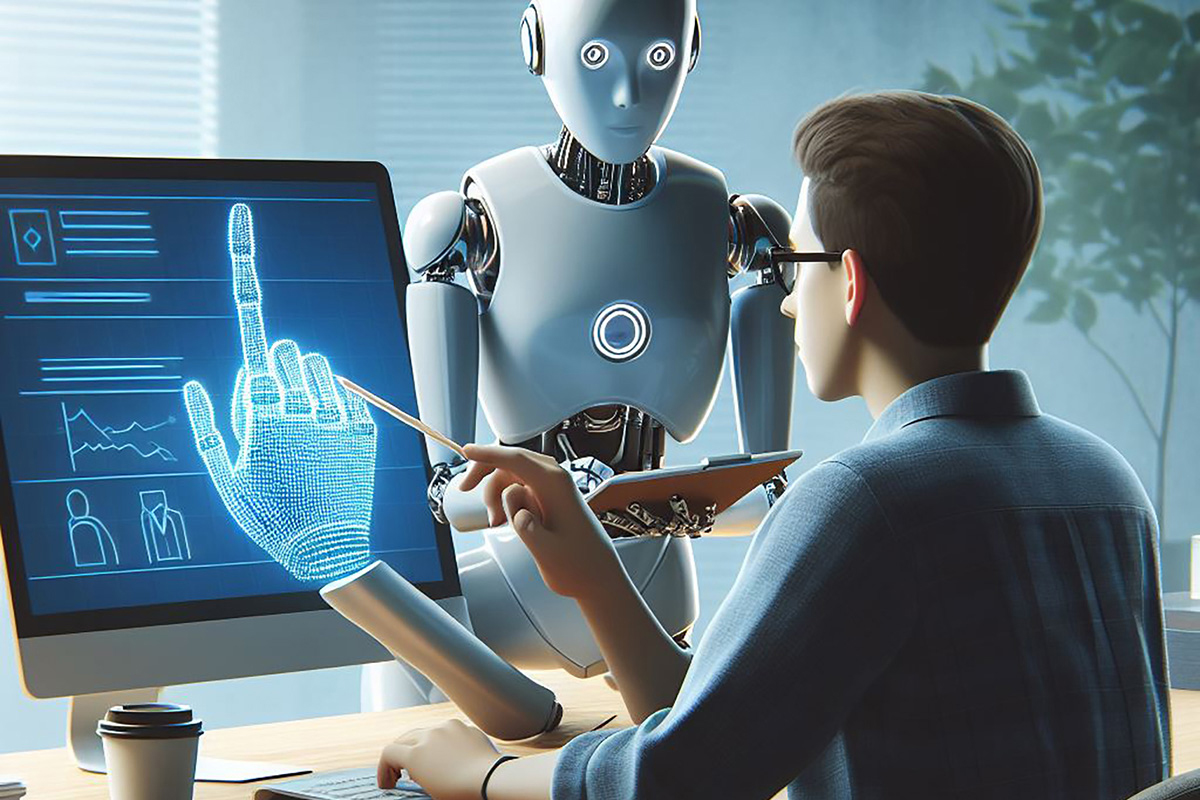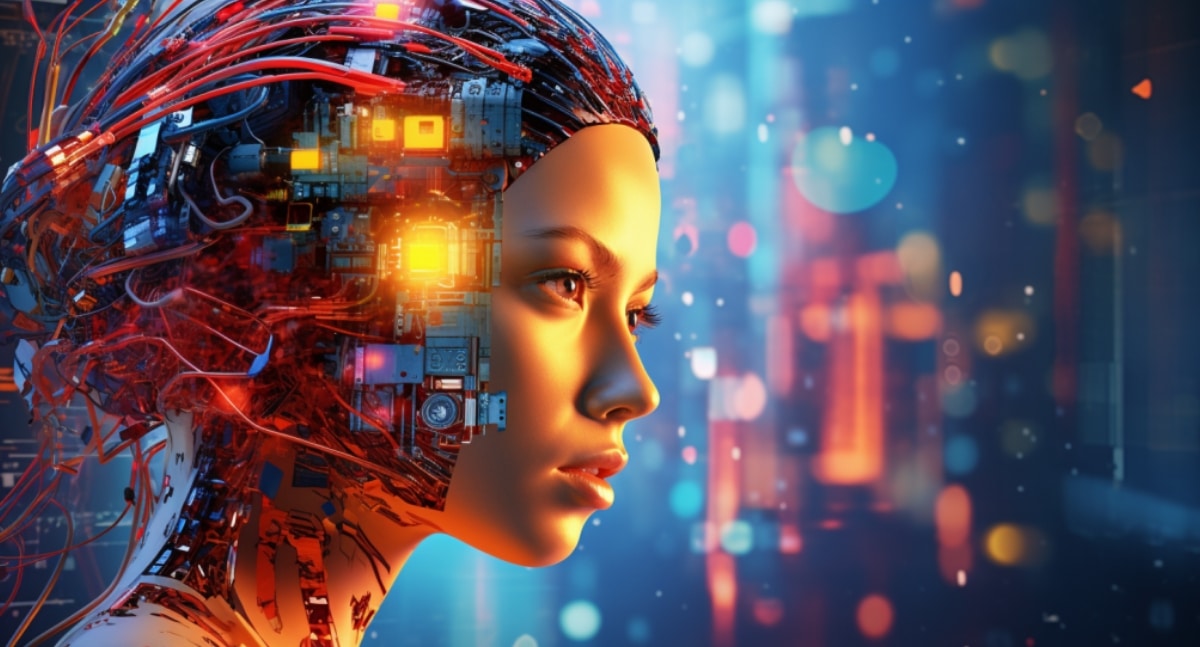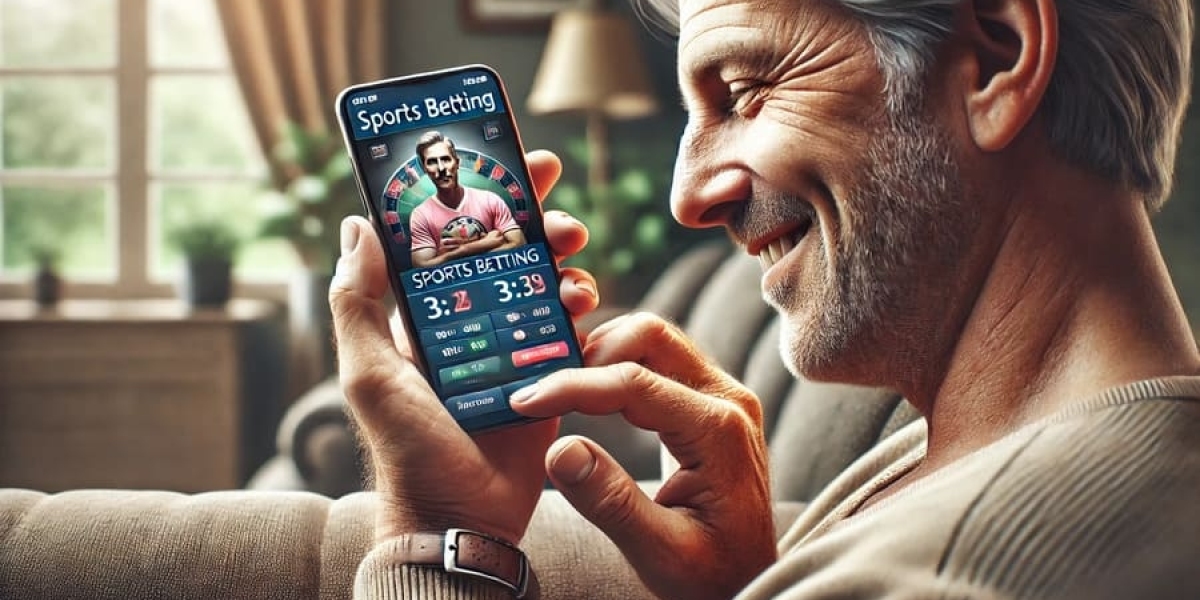
For Christmas I got an interesting gift from a friend - my very own "very popular" book.
"Tech-Splaining for Dummies" (fantastic title) bears my name and my image on its cover, and it has radiant evaluations.

Yet it was totally composed by AI, with a few simple triggers about me supplied by my pal Janet.
It's an intriguing read, and uproarious in parts. But it likewise meanders rather a lot, and is someplace in between a self-help book and a stream of anecdotes.
It mimics my chatty design of writing, however it's also a bit recurring, and very verbose. It might have exceeded Janet's prompts in collating data about me.
Several sentences begin "as a leading innovation reporter ..." - cringe - which could have been scraped from an online bio.
There's also a mysterious, repeated hallucination in the type of my feline (I have no animals). And there's a metaphor on almost every page - some more random than others.
There are lots of business online offering AI-book composing services. My book was from BookByAnyone.
When I contacted the chief executive Adir Mashiach, based in Israel, he told me he had sold around 150,000 personalised books, generally in the US, since pivoting from putting together AI-generated travel guides in June 2024.
A paperback copy of your own 240-page long best-seller expenses ₤ 26. The company uses its own AI tools to produce them, based on an open source large language model.
I'm not asking you to purchase my book. Actually you can't - only Janet, who produced it, forum.batman.gainedge.org can order any more copies.
There is currently no barrier to anybody creating one in anybody's name, consisting of celebs - although Mr Mashiach says there are guardrails around violent material. Each book includes a printed disclaimer specifying that it is imaginary, produced by AI, and developed "solely to bring humour and happiness".
Legally, the copyright belongs to the firm, however Mr Mashiach stresses that the item is meant as a "personalised gag gift", and the books do not get offered even more.
He intends to expand his variety, creating various categories such as sci-fi, and possibly using an autobiography service. It's developed to be a light-hearted type of customer AI - offering AI-generated products to human consumers.
It's likewise a bit terrifying if, like me, you compose for a living. Not least since it probably took less than a minute to generate, and it does, definitely in some parts, sound simply like me.
Musicians, authors, artists and actors worldwide have actually revealed alarm about their work being used to train generative AI tools that then churn out comparable material based upon it.
"We ought to be clear, when we are talking about data here, we really imply human developers' life works," says Ed Newton Rex, creator of Fairly Trained, which campaigns for AI firms to respect developers' rights.
"This is books, this is articles, this is pictures. It's works of art. It's records ... The entire point of AI training is to learn how to do something and after that do more like that."
In 2023 a tune featuring AI-generated voices of Canadian vocalists Drake and The Weeknd went viral on social networks before being pulled from streaming platforms because it was not their work and they had not granted it. It didn't stop the track's developer trying to choose it for a Grammy award. And even though the artists were fake, it was still hugely popular.
"I do not think making use of generative AI for imaginative functions need to be prohibited, however I do believe that generative AI for these purposes that is trained on people's work without authorization need to be prohibited," Mr Newton Rex adds. "AI can be really effective however let's develop it ethically and fairly."
OpenAI states Chinese competitors using its work for their AI apps
DeepSeek: The Chinese AI app that has the world talking
China's DeepSeek AI shakes market and damages America's swagger
In the UK some organisations - consisting of the BBC - have actually picked to obstruct AI developers from trawling their online material for training functions. Others have actually chosen to team up - the Financial Times has partnered with ChatGPT creator OpenAI for instance.
The UK federal government is thinking about an overhaul of the law that would permit AI designers to utilize creators' content on the internet to help establish their designs, unless the rights holders pull out.
Ed Newton Rex describes this as "insanity".
He mentions that AI can make advances in areas like defence, healthcare and logistics without trawling the work of authors, journalists and artists.
"All of these things work without going and altering copyright law and ruining the livelihoods of the country's creatives," he argues.
Baroness Kidron, a crossbench peer in the House of Lords, is likewise strongly versus getting rid of copyright law for AI.
"Creative markets are wealth developers, 2.4 million tasks and an entire lot of pleasure," says the Baroness, who is likewise a consultant to the Institute for Ethics in AI at Oxford University.
"The federal government is weakening among its finest performing markets on the vague guarantee of growth."
A government spokesperson stated: "No move will be made up until we are definitely confident we have a practical strategy that provides each of our objectives: increased control for best holders to assist them certify their content, access to top quality product to train leading AI designs in the UK, and more openness for ideal holders from AI designers."
Under the UK federal government's brand-new AI plan, a national information library including public information from a vast array of sources will also be made offered to AI researchers.
In the US the future of federal rules to control AI is now up in the air following President Trump's return to the presidency.
In 2023 Biden signed an executive order that aimed to boost the safety of AI with, to name a few things, firms in the sector needed to share details of the workings of their systems with the US government before they are released.
But this has now been rescinded by Trump. It stays to be seen what Trump will do instead, but he is said to want the AI sector to face less policy.
This comes as a number of suits against AI firms, and especially against OpenAI, continue in the US. They have actually been taken out by everybody from the New York Times to authors, music labels, and even a comedian.
They claim that the AI companies broke the law when they took their material from the internet without their approval, systemcheck-wiki.de and utilized it to train their systems.
The AI business argue that their actions fall under "reasonable usage" and are therefore exempt. There are a number of factors which can constitute reasonable usage - it's not a straight-forward meaning. But the AI sector is under increasing analysis over how it gathers training information and whether it must be paying for it.
If this wasn't all sufficient to ponder, Chinese AI company DeepSeek has shaken the sector over the previous week. It became the many downloaded totally free app on Apple's US App Store.
DeepSeek declares that it developed its innovation for a fraction of the rate of the similarity OpenAI. Its success has actually raised security issues in the US, and bphomesteading.com threatens American's existing dominance of the sector.
When it comes to me and a career as an author, I believe that at the minute, if I really desire a "bestseller" I'll still have to write it myself. If anything, Tech-Splaining for Dummies highlights the current weak point in generative AI tools for bigger tasks. It is full of mistakes and hallucinations, and it can be rather difficult to check out in parts since it's so verbose.
But provided how rapidly the tech is evolving, I'm uncertain the length of time I can remain positive that my considerably slower human writing and modifying skills, are much better.

Register for our Tech Decoded newsletter to follow the greatest developments in international technology, with analysis from BBC correspondents around the world.
Outside the UK? Sign up here.







